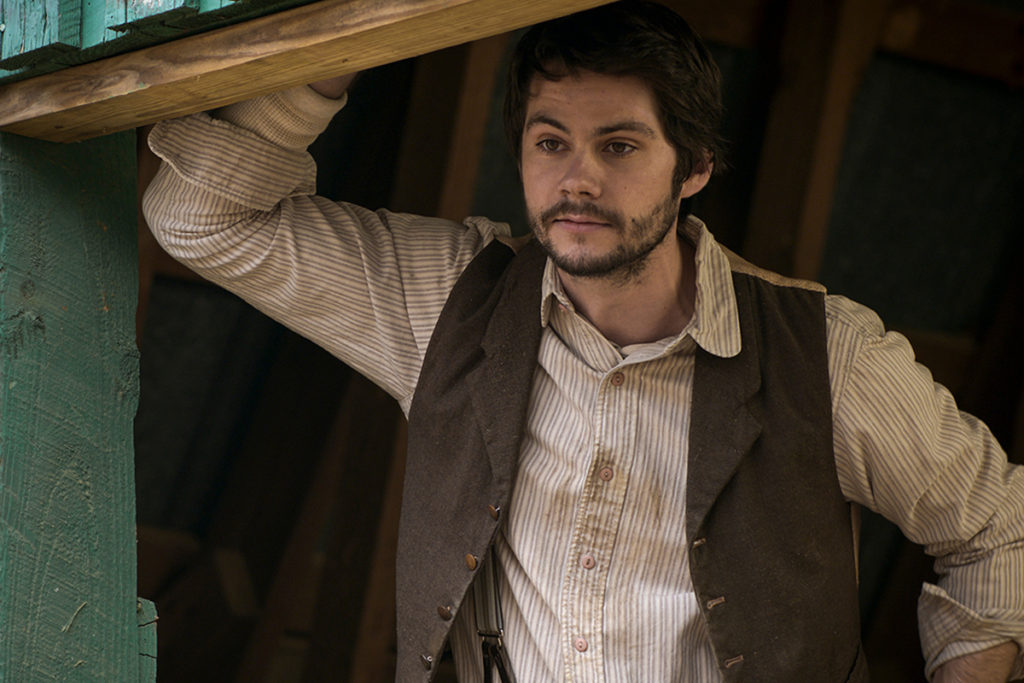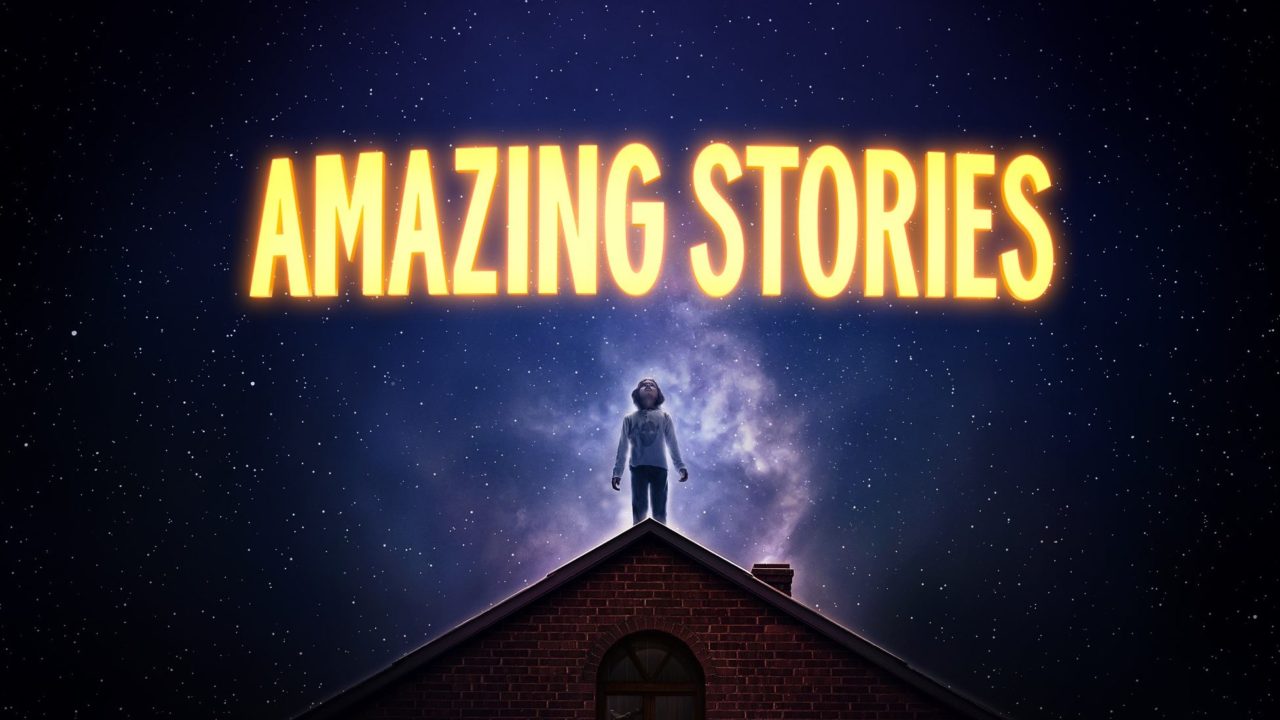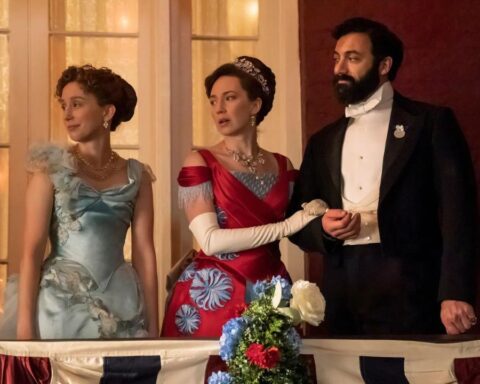There is an old story about Steven Spielberg, as told to Roger Ebert, who wrote it down for Time Magazine. It was about a formative experience he had as a child, one night, when his father took him on an impromptu road trip to see a meteor shower. Spielberg tells Ebert that his fear of the unknown, of being “awakened in the middle of the night and taken somewhere without being told where” was eventually allayed by the sheer magnificence of the cosmic event that unfolded above him. “And I think from that moment on, I never looked at the sky and thought it was a bad place.”
There is insight there. That one story gives us a deep understanding into the mind and approach of one of the world’s greatest filmmakers. Because almost every one of his movies borrows from that one moment in Spielberg’s life. By channelling a child’s point of view he gave us E.T., the Extra-Terrestrial, Jurassic Park, Close Encounters of the Third Kind, The Terminal, Catch Me If You Can, A.I. Artificial Intelligence, and The B.F.G. By noting that fear goes hand in hand with hope and wonder, we got Schindler’s List, War Horse, Jaws, Amistad, and Lincoln.
It is an ideology that has carried over into many of his side projects as well. But none as much as in Amazing Stories. The original series, named for Hugo Gernsback’s iconic pulp magazine, was this unadulterated decocture of pure Spielbergian perspective.

When it first aired on NBC between 1985 and 1987, Amazing Stories was met with a critical sneer. Not quite as moody as The Twilight Zone or as high concept as The Outer Limits, its detractors often bemoaned the series as being nothing more than a collection of cute science fiction ideas with very little that’s surprising or in any way unconventional. The production value was first rate. And so was the talent involved in its creation. Yet, the series proved too mawkish to be taken seriously by the criterati.
On the face of it, these same criticisms can be applied to this new Apple TV+ reboot. Featuring all too familiar narrative beats – a love story across time, a grandfather and his grandson connecting over their shared love of comic books and superheroes, ghosts, aliens, magic, and mystery – the series can come across as being bland when compared to something like Black Mirror. It is an easy parallel to draw, but also an incredibly lazy one. (Remember that the Jordan Peele reboot of The Twilight Zone was also subjected to the same false equivalence.)
Amazing Stories was always something different. And so was its target demographic. If you were a kid growing up in the 1980s, this was the very definition of appointment television. It was your weekly dose of adventure. It could be science fiction or fantasy, action or horror, drama or comedy. On some weeks, it would be a potent mix of all of them. Spielberg wasn’t at all interested in the grotesque. He wanted to focus on “the bright side of the fairy tale”. On the horror movie actor who is mistaken for an actual mummy when he flees his new movie’s set to join his pregnant wife at the hospital for the birth of their son. On the anxious secretary who discovers that a boutique Manhattan cinema has been covertly filming her and making movies about her life.

This is still the driving ethos behind the series. On telling the stories of ordinary people facing extraordinary circumstances. Always with a happy ending. And without an iota of cynicism along the way. This is a series that knows exactly what it is, and pulls it off with great skill.
Just take the second episode of the series. It’s called “The Heat” and tells the story of two best friends, Tuka and Sterling, and their dream of obtaining college athletic scholarships. The episode veers into the supernatural when, following a tragic accident, Tuka finds herself a ghost that only Sterling can hear. Every character is beautifully framed. The twists are cleverly executed. But where the episode really shines is in its dialogue. Written by the poet Chinaka Hodge, there is a meter to every conversation. There is a deliberate tone and timber there. One that captures a mood and speaks to the moment. It’s wonderful.

Having watched four of the five episodes of this reboot (its final episode airs on April 6th), I can tell you that this is precisely the shot of glorious escapism that you need.
At any other point in history, I would have written off this latest effort by Edward Kitsis and Adam Horowitz as nothing more than a heartfelt homage. But as I sit here, confined in my home, my movement curtailed due to an invisible global threat, I need to be reminded that everything will be okay in the end. I need to be reassured that the unknown isn’t always threatening. That the uncertain doesn’t always spell doom. That a mystery can also be full of promise.
Amazing Stories
Apple TV+, Season 1, 5 episodes
Showrunners: Edward Kitsis and Adam Horowitz









Follow Us